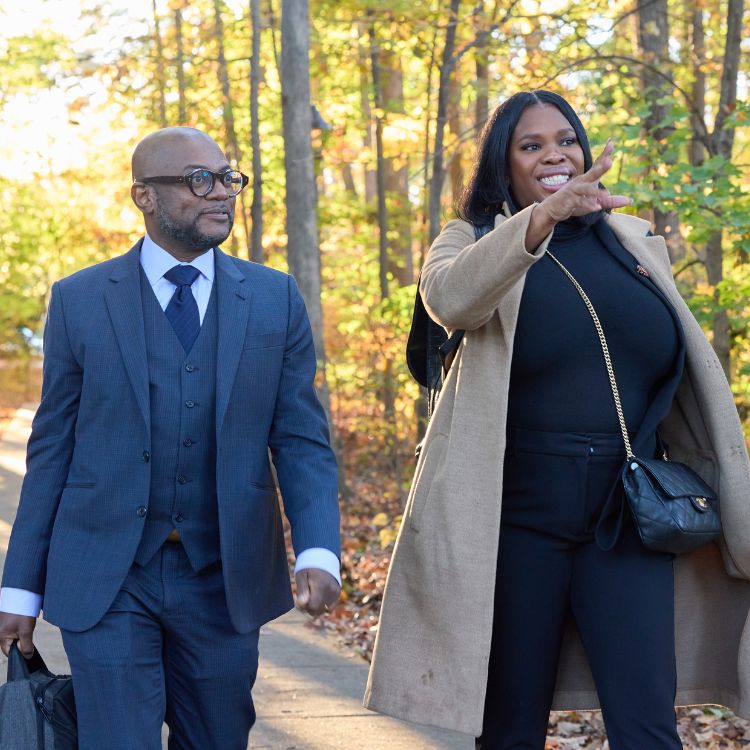Summary
Our guest today is Jasmine Crowe-Houston, social entrepreneur, and founder of Goodr.co.
Jasmine Crowe-Houston is a social entrepreneur and founder of Goodr.co. Jasmine started her journey cooking soul food for hungry unhoused people in her kitchen in her one-bedroom apartment in Atlanta. She fed upwards of 500 people a week for years with pop-up kitchens and parks and parking lots.
Then in 2017, she founded Goodr, a technology-based food waste management company that connects firms with food surpluses to nonprofit organizations that can use the food.
She has worked with organizations that have food waste issues, like the Atlanta International Airport, Hormel Foods, and Turner Broadcasting.
Today, Goodr has expanded nationwide and sponsors free grocery stores and schools. She has combined charity, innovation, and market-based solutions into a for-profit waste management company that Inc. Magazine called a rare triple win.
Our guest host this episode is Norbert Wilson of the World Food Policy Center. Their podcast is the Leading Voices in Food.
[Pictured: Norbert Wilson and Jasmine Crowe-Houston on Duke’s campus.]
Conversation Highlights
Responses have been edited for clarity.
How does Goodr work?
We’ve built technology that includes a mobile app and portal. Imagine you are using an Uber Eats or the DoorDash app. You go onto your favorite restaurant, you click the item that you want. It’s a similar experience for our users. So, for example, a restaurant in the airport. Their menu is in our system. They click chicken sandwich, they tell us they have 50 [surplus sandwiches]. Our platform is going to calculate the tax value of those sandwiches, the approximate weight of those sandwiches, and our algorithm is automatically matching those sandwiches with a non-profit that is serving 50 or more people that can take those items and then get it distributed to people in need.
One being for profit and doing good
I want to talk about social entrepreneurship and this model of being able to do well by doing good. There is a way to do that in business and that it ultimately works. Goodr is a B Corp [a business model where businesses benefit people, communities, and the planet]. The first model I ever saw of social entrepreneurship was Toms Shoes. They were really popular maybe 15 years ago … you buy a shoe and give a shoe. Bombas, the sock and undergarment company, the same thing. They’re supporting homelessness. When you buy a sock, you’re giving a sock, when you buy a T-shirt, you’re giving a T-shirt. People love to do good.
On the importance of tackling food waste to address a changing climate
Project Drawdown, a leading climate solutions organization, in 2022, named reducing food waste the number two [goal for tackling climate change] after fixing our energy grid. The number two thing that we could do to combat climate change is to reduce our food waste! In America, two percent of everything that we spend is on food we never eat! And so around the food waste chain, there’s a lot more solutions that are needed.
[We need to think] what’s going to waste? What can we do with it? Can we reuse it? Can we turn things into other products? I was reading an article recently about there’s a new kind of leather that’s going to be… It’s already kind of on some runways, but it’s made out of banana peels. A social entrepreneur that thought of that.Students that are interested in creating ways and solutions to solve some of our biggest problems, are needed now more than ever.
- Read the episode transcript
- Find out more about Goodr
- Watch Jasmine Crowe-Houston’s TED Talk
- Find out more about the World Food Policy Center’s podcast Leading Voices in Food
- Read a recap of Jasmine Crowe-Houston’s talk at Duke Sanford School of Public Policy


